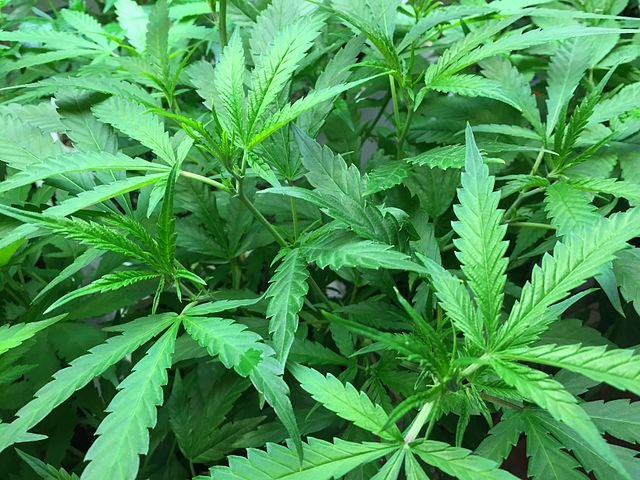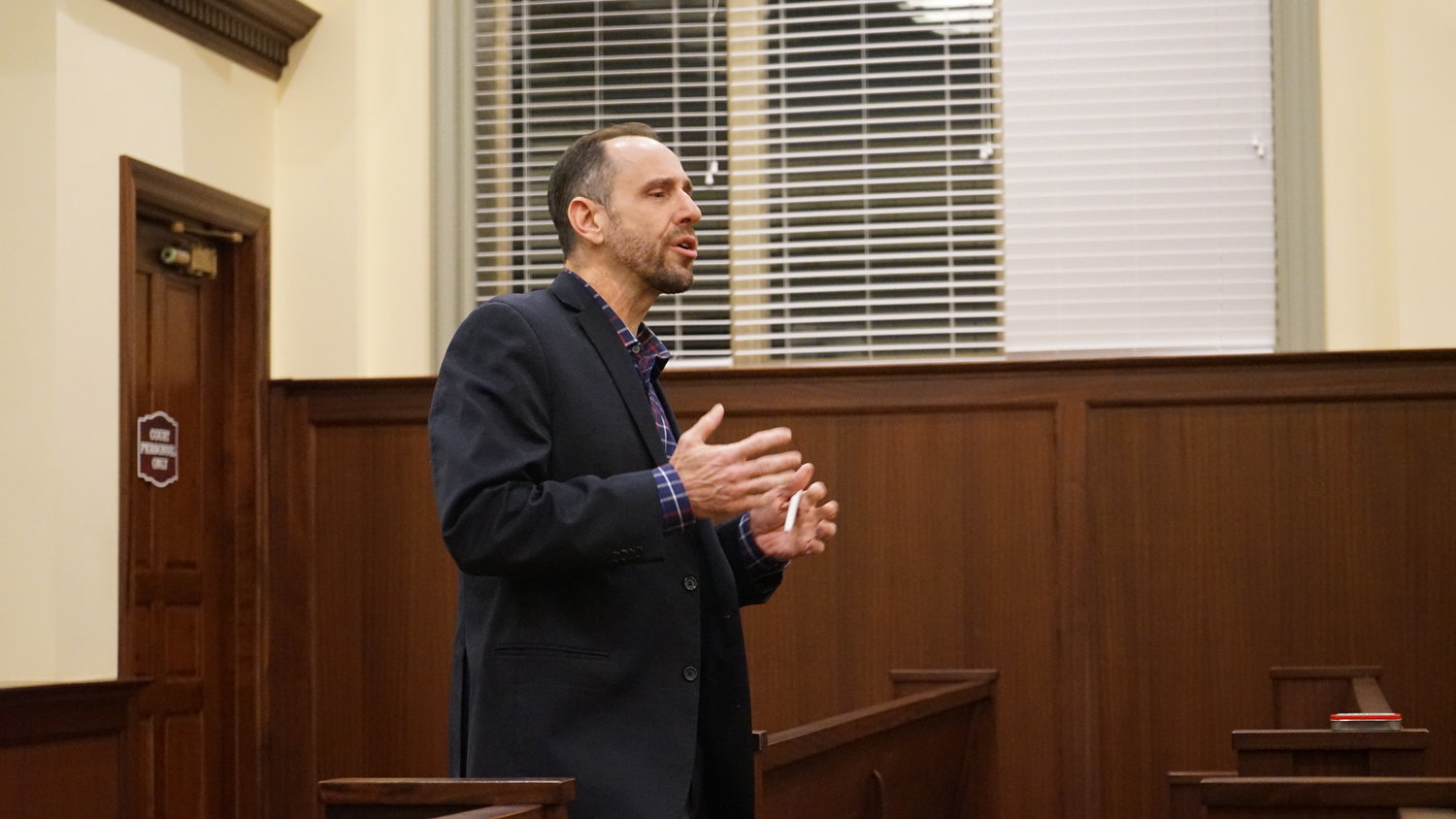Village of Valley Stream officials mull marijuana opt-out
After years of legal wrangling among New York state lawmakers, the question of whether to legalize adult-use cannabis was decidedly settled with passage of the landmark Marijuana Regulation and Taxation Act in March. Now, a new question is placed before the village board, and dozens of other towns and municipalities across Nassau County: whether or not to opt out of allowing companies to sell marijuana within the community, and if is to be permitted, under what conditions.
Such was the focus of an informal public discussion held by Trustee Grasso last Wednesday at village hall. Nearly two dozen attendees—many of them stakeholders from various segments of the industry, including cannabis activists, corporate experts, small business owners and labor union leaders—weighed in on the discussion. The public discussion dovetailed with the board’s work session held this Monday, as village officials began their first round of public meetings on the issue.
As New York awaits regulations by the state cannabis agency to be set in place for the recreational sale of marijuana, the village has until the end of this year to decide to opt out. Doing so would close the door to licensed cannabis dispensaries and on-site consumption lounges within the village’s jurisdiction. Once the deadline expires, there is no way to opt out again.
“My personal position is we should be opting in,” said Trustee de Grasso over Zoom at the work session. At the public forum days before, Grasso noted the pressing importance of reaching a decision sooner rather than later, if the village wants to take advantage of the opportunity to work with prospective well-established corporations before the market becomes saturated with less responsible, “cut-rate” businesses.
The new marijuana law, however, has already made a noticeable impact on the daily life of villages, towns and cities across the state, as adult residents are now free to grow, possess and consume cannabis within legal amounts as outlined by the law — something both proponents and detractors must face as a new reality that must be prepared for.
New requirements and regulations would also need to be added to the current zoning laws for those license-related uses such as distribution, delivery, cultivation and nurseries made permissible by law, irrespective of opting out.
Proponents of the change note that the up-and-coming cannabis market is designed specifically for responsible adult-use only with the potential to shore up sustainable new job opportunities — and introduce an array of ancillary businesses, from the printing and distribution shops, manufacturing and cultivation that are involved in the “seed to sale” process. By opting out, the village could lose out on a potentially lucrative source of revenue from what many analysts expect to be a booming market accruing billions of dollars per year from sales in New York state alone.
“It doesn’t make sense” for adult village residents to have no choice but to turn toward storefronts in neighboring towns to come home and consume cannabis, said Charlene Ali, a longtime recreational and medicinal marijuana advocate and cannabis entrepreneur. It’s not a matter of whether weed sales will take place, but whether the village wants the stream of sales revenue and job creation to happen within its local economy, she noted.
“The investment that these companies are making is substantial across all of the licenses,” Sabatino said. “The number of jobs that you begin to consider” demonstrates how expansive the market really is from “what we think of it now.”
Sabatino added a note of caution, saying “there are community impacts. If anyone were to tell you there’s none, they would be wrong. There’s issues to consider with traffic, crime, ambulance calls, odor, education and health.”
“I’m not really concerned about an adult having marijuana in their backyard, their house, just like how you would have liquor in your house,” Mayor Ed Fare said. “…I’m concerned when you decide to drive, when your children get a hold of your liquor or marijuana…that this board has no control over. The board will not be able to enforce these smoking and eating [laws] with exceptions.”
Should the village vote to opt out, residents may hold a referendum to override the board’s decision. Residents would need to submit a petition with signatures numbering at least 10 percent of the total number of votes cast in the village’s last gubernatorial race, according to state officials.

 50.0°,
Overcast
50.0°,
Overcast 







